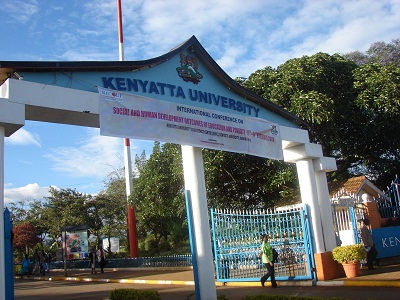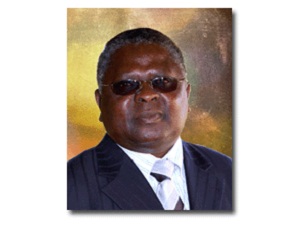U.S. based social enterprise Sproxil announced the start of its counterfeit drug detection program in India two weeks ago. This comes after the company announced it would receive a $1.8 million financial backing from Acumen Fund to expand its operations to India back in March 2011.
Sproxil is well known for its Mobile Product Authentication (MPA) architecture which fights the distribution of counterfeit drugs in developing nations. The MPA system takes advantage of the mobile phone market which is widely accessible in Africa. MPA uses scratch off cards that come with purchased drugs. These scratch off cards display a unique identifier which is texted to the pharmaceutical supplier to verify the authenticity of the drugs.
When drugs depart the factory they are manufactured at, the scratch off card with the unique identifier accompanies every package manufactured ensuring authenticity from the source. When the drug is purchased, customers can scratch the card and text the identifier to a number provided by Sproxil from any cell phone and receive verification within seconds on the authenticity of the drugs. Sproxil says the texts are free of charge to the consumer.
Sproxil has affected the lives of many uninformed consumers before going into India. They established the first national mobile-based anti-counterfeit program in Africa and has already sold millions of anti-counterfeit labels which provide services to several global pharmaceutical companies, the company says. Drug suppliers in Africa that have lost potential revenue claimed to have covered for their losses and even experienced growth after using MPA.
Sproxil moves to a market in India that is suffering from counterfeit drug trade. “India has one of the largest pharmaceutical markets in the world, but is plagued by counterfeit (spurious) medicines made elsewhere that tarnish brand India,” said Ashifi Gogo, CEO of Sproxil. Gogo cites the recent success of a pilot program in Nigeria as the basis to expand to India. Sproxil’s Mobile Product Authentication technology has touched the lives of over 80,000 people, helping patients avoid getting ripped off by counterfeiters,” said Gogo.
The world of counterfeit drug trade is a devastating one. According to the World Health Organization (WHO), up to 30% of drugs sold in developing nations are counterfeit with the counterfeit drug market estimated at $200 billion by the World Customs Organization (WCO). The number of deaths and drug resistance levels continue to rise due to consumption of fake drugs, which is creating a healthcare nightmare.
The MPA system is a cost effective and relatively simple way to track fake drugs for both consumers and (authentic)drug suppliers. To allay the costs of his service, Gogo thinks his system gets drug counterfeiters to pay for MPA services. “Consumers are not paying, government is not paying as well. Pharmaceuticals are paying Sproxil to recoup shares lost to counterfeiters. So in some sense, the counterfeiters are paying for this service.”
In any case, Sproxil seems poised to make a dent in India’s counterfeit drug trade, and it is much needed.

















































